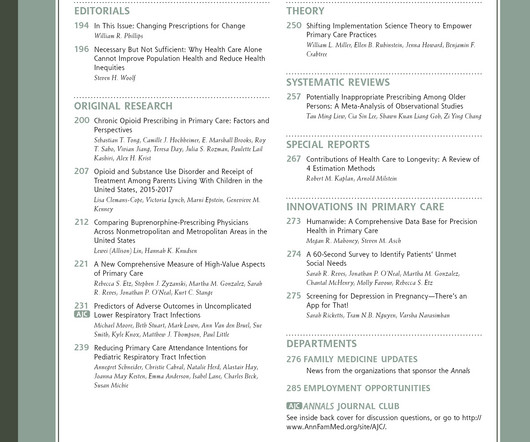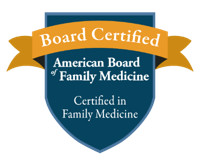Episode 155: Antiracism in Medicine Series – Episode 5 – Racism, Power, and Policy: Building the Antiracist Health Systems of the Future
The Clinical Problem Solvers
JANUARY 18, 2021
Focus on the Community While the health sector is where illness and ailments are often treated, a person’s health largely manifests outside of the health sector and is impacted by their community and environment. Harvard Medical School Primary Care Blog. Accessed December 9, 2020. 16:20 Jones, CP. Producers), & Burnett, C.,


















Let's personalize your content